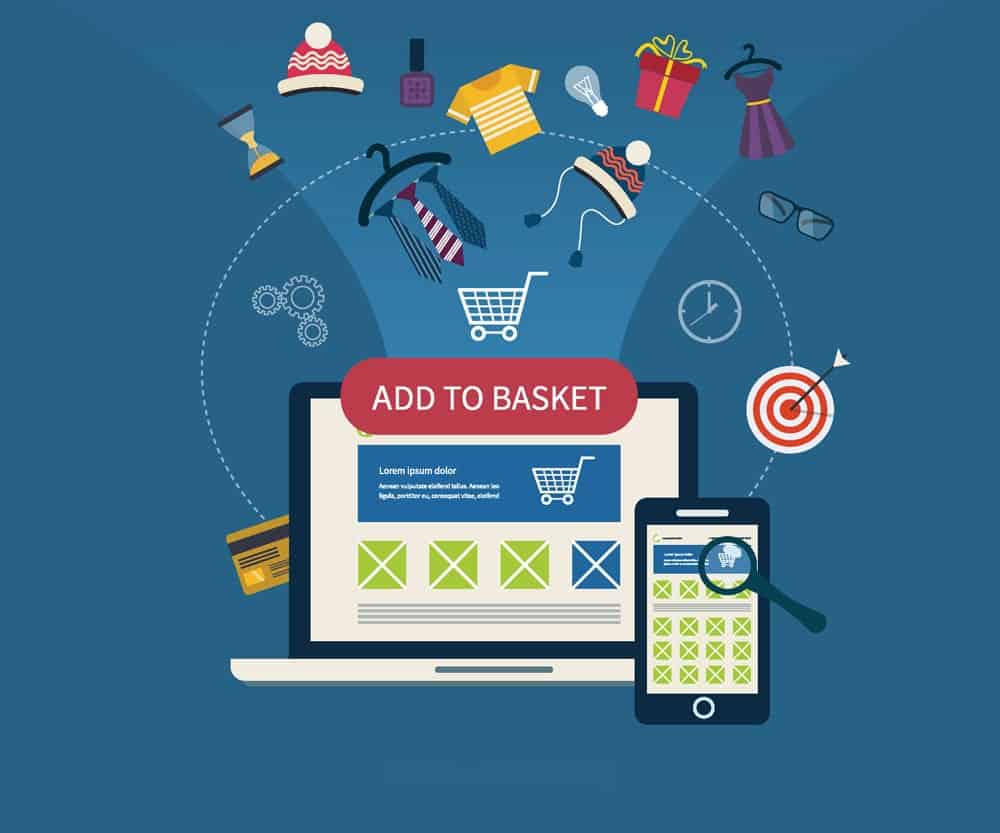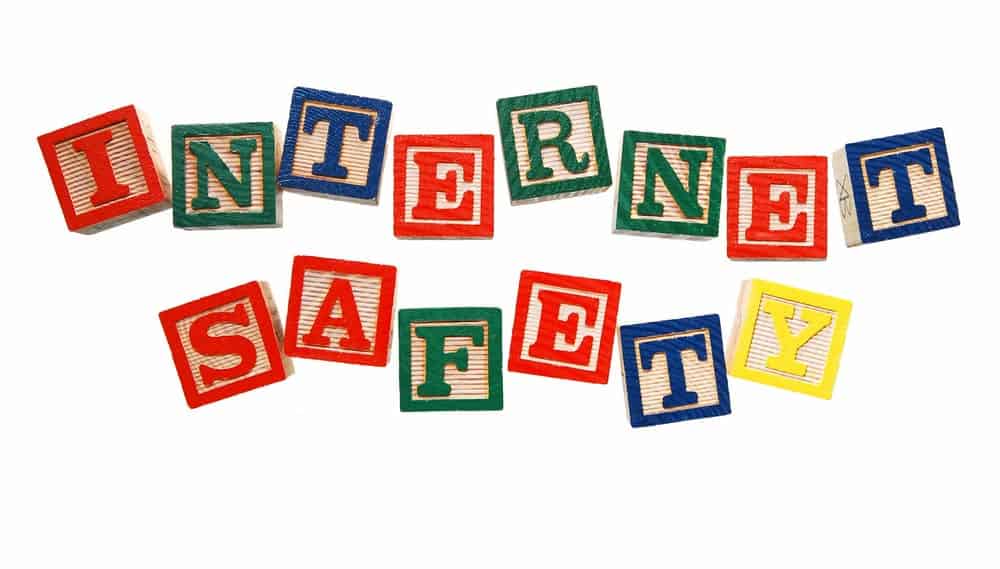Maintain Account Security for All Your Merchant Accounts
Basic account security starts with maintaining good login credentials. If you have multiple online shopping accounts, follow these best practices:
- Use a different password for each account. If someone steals a single password, it makes it much less likely they will be able to access the rest of your accounts.
- Use a complicated password, including letters, numbers, and symbols. Try to make it longer as well, like 10-15 characters.
- Don’t use a common phrase or word. Use something non-sensical or random. Write it down if you have to, but don’t use any words that are easy to guess or remember.
- Use two-factor authentication, if available. Two-factor authentication makes sure that anyone logging in to your account will need to have access to your phone or email, which mitigates some of the risk if your password is stolen.
Practice Safe Shopping Habits to Protect Your Data
We tend to think that if our passwords are secure, then we don’t have to worry about identity theft or hacking. This isn’t entirely true.
Consider this… where do you do most of your browsing? At home? Or on your phone? Maybe on a laptop on public Wi-Fi?
The truth is that if you aren’t on a secure Wi-Fi connection (which means most public internet hotspots or your cellular device) then you run the risk of letting someone “listen in” to your data transfers. Which means, if you are shopping, that they can pick up passwords, bank account numbers, and credit card numbers.
When shopping online, only do so from a secure location, preferably at home or at work. If you need a password to get on your Internet, then that is a good sign that at least no one is randomly listening in.
Don’t Fall for Phishing Scams
Phishing scams become more common during the holidays primarily because more of us are receiving gifts and newsletters from the businesses we follow online. A “phishing” scam is an effort by hackers to pose as official entities, like businesses or banks, to trick you into providing your personal information.
Phishers count on the fact that many consumers, presented with an official looking letter, will fall for the trick. This is only exacerbated by the fact that many email programs will hide the actual email address of a sender and replace it with a name. If you receive strange emails from a company that you shop with, always double check the sender. If it isn’t sent by someone at the domain of the business, then it is a scam.
Otherwise, common sense rules here. No bank of business will ask for personal information via email, nor will the ask you to verify anything unless you specifically asked for it. If you receive any email out of the blue that asks for financial information or location, it’s most likely a scam.


